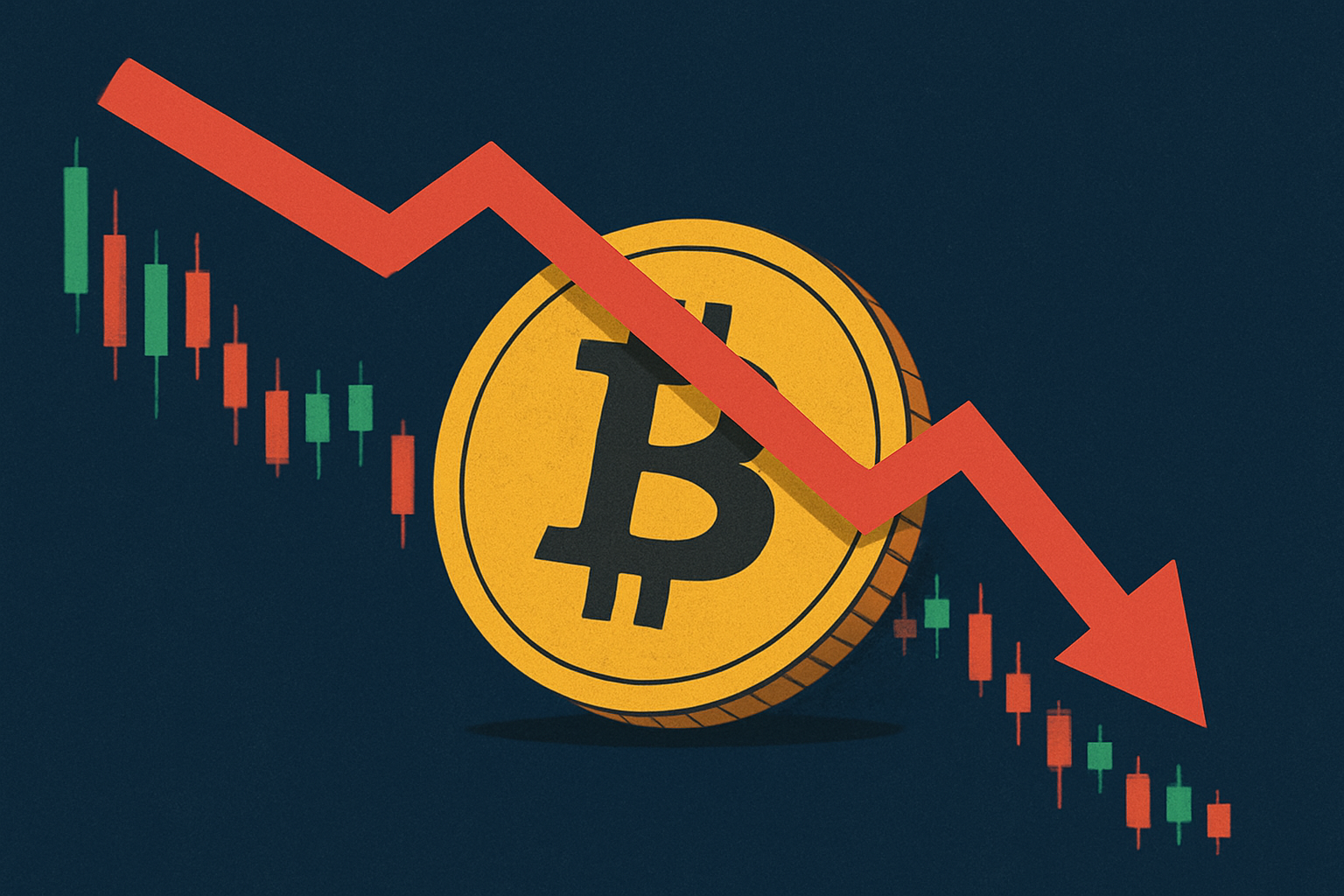Introduction
The crisis in Sudan has reached a horrifying new level following widespread reports of mass killings, executions, and human rights abuses in the city of El Fasher, North Darfur. The paramilitary Rapid Support Forces (RSF) have seized control of the city after months of brutal fighting against the Sudanese army. United Nations officials and humanitarian organizations have condemned the atrocities, warning that Sudan is descending into one of the darkest chapters of its modern history. The violence has left thousands dead, countless more displaced, and essential services in total collapse.
Background To The Conflict
The ongoing conflict in Sudan erupted in April 2023 when tensions between the Sudanese Armed Forces (SAF), led by General Abdel Fattah al-Burhan, and the RSF, commanded by General Mohamed Hamdan Dagalo, also known as “Hemedti,” turned into open warfare. The RSF emerged from the Janjaweed militias notorious for their role in the Darfur conflict of the early 2000s, when entire communities were displaced and tens of thousands killed.
For over 18 months, El Fasher—a city that once served as a vital humanitarian hub—was besieged by the RSF. Civilians trapped inside faced starvation, shortages of medicine, and the constant threat of shelling and airstrikes. The Sudanese army’s eventual withdrawal from the city allowed the RSF to take control, unleashing chaos and devastation. The fall of El Fasher represents a turning point in the war and the potential collapse of organized state resistance in much of Darfur.
Reports Of Atrocities
Mass Killings and Executions
According to United Nations human rights officials and medical workers on the ground, the capture of El Fasher has been accompanied by large-scale killings and summary executions. Civilians attempting to flee have been hunted down in house-to-house searches, while mass graves are said to be appearing on the outskirts of the city. Witnesses describe bodies left lying in the streets for days, with local residents too terrified to bury them.
Independent observers and humanitarian organizations estimate that more than 1,500 people were killed in just a few days following the RSF’s takeover. Entire neighborhoods have been burned to the ground. Many of the dead are believed to have been targeted based on ethnicity, reviving memories of the genocidal violence that engulfed Darfur two decades earlier.
Sexual Violence and Torture
Equally harrowing are the reports of widespread sexual violence committed by RSF fighters. Women and girls have been subjected to rape, abduction, and torture. Men have been detained or executed in front of their families. Survivors who managed to flee speak of unimaginable brutality, with entire families torn apart and children disappearing amid the chaos.
Aid workers describe the RSF’s methods as systematic and deliberate, intended to terrorize civilians and erase entire communities. The violence has spread beyond El Fasher to nearby towns and villages, leaving tens of thousands on the move in search of safety.
Attacks on Hospitals and Medical Workers
One of the worst atrocities occurred at the Saudi Maternity Hospital in El Fasher. Over 400 people, including patients and healthcare workers, were reportedly killed when RSF fighters stormed the facility. Hospitals have been looted, ambulances destroyed, and medical supplies stolen or blocked from reaching those in need. The health system in Darfur has effectively collapsed, leaving the wounded and sick without any form of care.
Humanitarian Collapse
The humanitarian situation in Darfur is catastrophic. With the fall of El Fasher, hundreds of thousands of residents have been displaced, many fleeing on foot toward the nearby town of Tawila. But Tawila itself is overwhelmed, already sheltering over half a million internally displaced people. Food stocks are running out, clean water is scarce, and disease is spreading rapidly in overcrowded camps.
International relief agencies have warned that famine is looming. Aid convoys are unable to reach affected areas due to the fighting and RSF checkpoints, and many aid workers have been forced to suspend operations altogether. The United Nations has declared the situation in Darfur one of the world’s worst humanitarian crises, with millions in need of immediate assistance.
Why Does This Crisis Matters?
The Risk of Ethnic Cleansing
The reports emerging from El Fasher point to a pattern of violence that many observers fear amounts to ethnic cleansing. Non-Arab communities in Darfur have long been the targets of the Janjaweed militias, and the RSF’s current campaign appears to echo those dark times. The systematic killings, forced displacement, and destruction of entire neighborhoods have led some human rights experts to describe the situation as genocidal in nature.
Regional and Global Repercussions
Sudan’s instability has implications far beyond its borders. The conflict risks destabilizing the wider Horn of Africa region, potentially spilling into neighboring countries such as Chad, South Sudan, and the Central African Republic. Refugee flows are already increasing, straining the limited resources of surrounding nations.
Geopolitically, the Sudan crisis is drawing attention from global powers. Concerns are growing about foreign actors supplying weapons and funding to both the Sudanese army and the RSF, turning Sudan into a proxy battlefield. Analysts warn that if left unchecked, the conflict could ignite a broader regional war.
Humanitarian and Moral Imperatives
Beyond politics lies the profound human tragedy unfolding every day. Millions of Sudanese civilians have been displaced since 2023. Countless families are missing members, children are growing up in refugee camps, and entire generations are being scarred by trauma. The moral obligation for international intervention—whether through peacekeeping, sanctions, or humanitarian aid—has never been greater.
International Response
UN and Global Reactions
The United Nations Security Council convened an emergency meeting in response to the violence. Senior officials described the situation as “catastrophic” and warned of the “grave risk of large-scale atrocities.” The UN has allocated emergency funds to assist civilians trapped in Darfur, though access remains dangerously limited.
UN representatives have called on both the RSF and Sudanese army to agree to an immediate ceasefire and allow humanitarian corridors to be established. They have also urged member states to refrain from providing weapons or financial support to either side.
Condemnation from Arab and African Nations
Several Arab and African governments, including Egypt, Saudi Arabia, and Qatar, have publicly condemned the RSF’s actions, calling for accountability and the protection of civilians. The African Union has expressed deep concern about the escalation of violence, urging a return to dialogue and warning that those responsible for war crimes will be held accountable.
Calls for Accountability
Sudan’s representative at the United Nations has demanded that the RSF be designated as a terrorist organization. Human rights groups are pressing for international investigations into the mass killings, sexual violence, and destruction of civilian infrastructure. Legal experts are urging the International Criminal Court to expand its existing Darfur case to include the current atrocities.
However, as in many past conflicts, accountability remains uncertain. The RSF leadership denies the accusations, blaming “rogue elements” and propaganda, while continuing to consolidate its control in Darfur.
The Path Forward
Ending Sudan’s war will require sustained diplomatic pressure, humanitarian access, and a credible plan for political transition. Ceasefire efforts have repeatedly failed, as neither the RSF nor the Sudanese army appears willing to negotiate from a position of weakness. International mediators, including the African Union and the Arab League, have proposed renewed peace talks, but progress remains slow.
Humanitarian agencies continue to plead for safe corridors to deliver aid, evacuate the wounded, and relocate civilians. The UN has emphasized that without immediate action, Darfur could face a famine worse than any seen in the past two decades. Civil society organizations, both inside and outside Sudan, are calling on the global community to act decisively—to stop the violence, protect civilians, and hold perpetrators accountable.
The broader Sudanese population, meanwhile, is exhausted. Millions of people across the country are displaced, and the economy has been shattered. Prices of food and fuel have skyrocketed, schools and hospitals have shut down, and public services no longer function. For ordinary Sudanese families, survival has become a daily struggle.
Conclusion
The atrocities in El Fasher are not isolated incidents but part of a larger pattern of violence that threatens to engulf Sudan entirely. The RSF’s advance, marked by massacres, sexual violence, and destruction, has triggered an urgent humanitarian disaster. United Nations officials warn that if the world does not intervene now, Sudan could witness one of the worst mass atrocities of the 21st century.
The images and testimonies emerging from Darfur reveal the depth of human suffering and the failure of international diplomacy to prevent another tragedy. The next steps—whether stronger sanctions, humanitarian intervention, or peace enforcement—will determine whether Sudan descends further into chaos or begins the slow process of recovery and justice.










